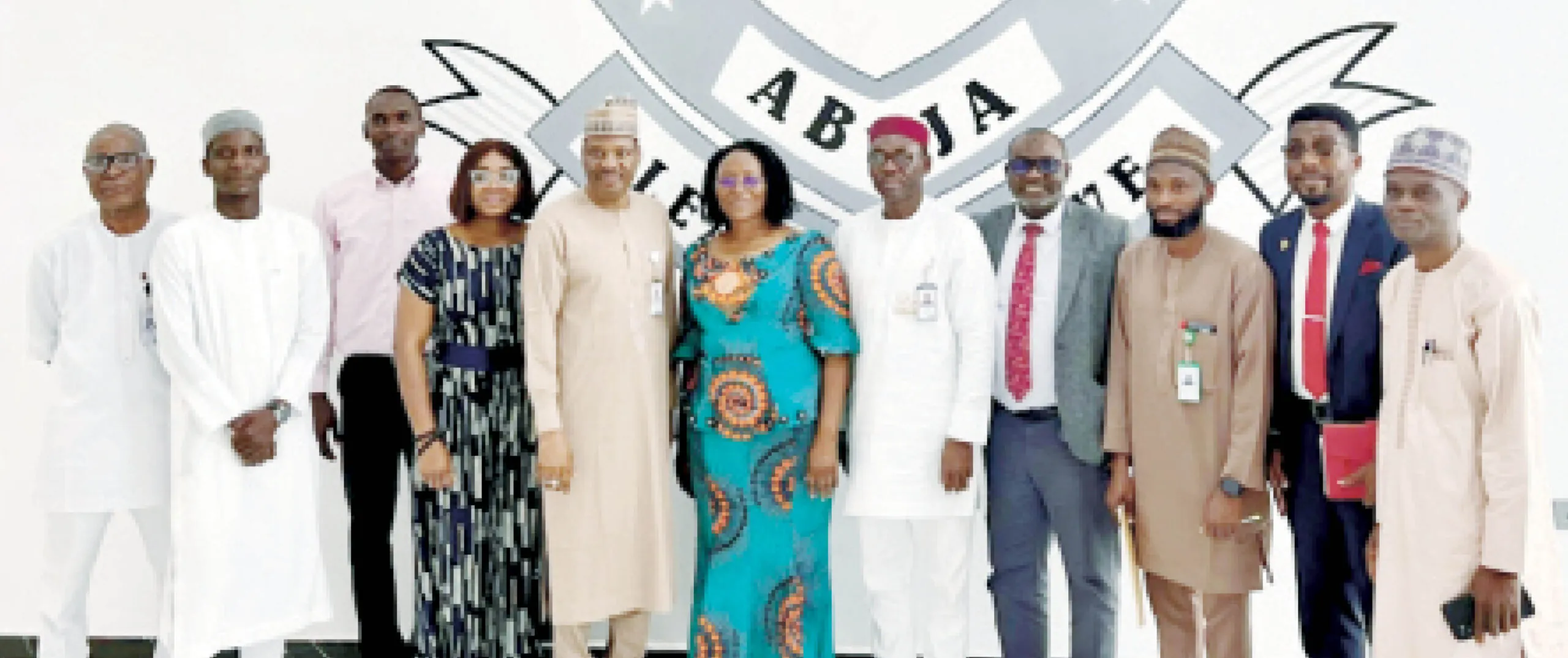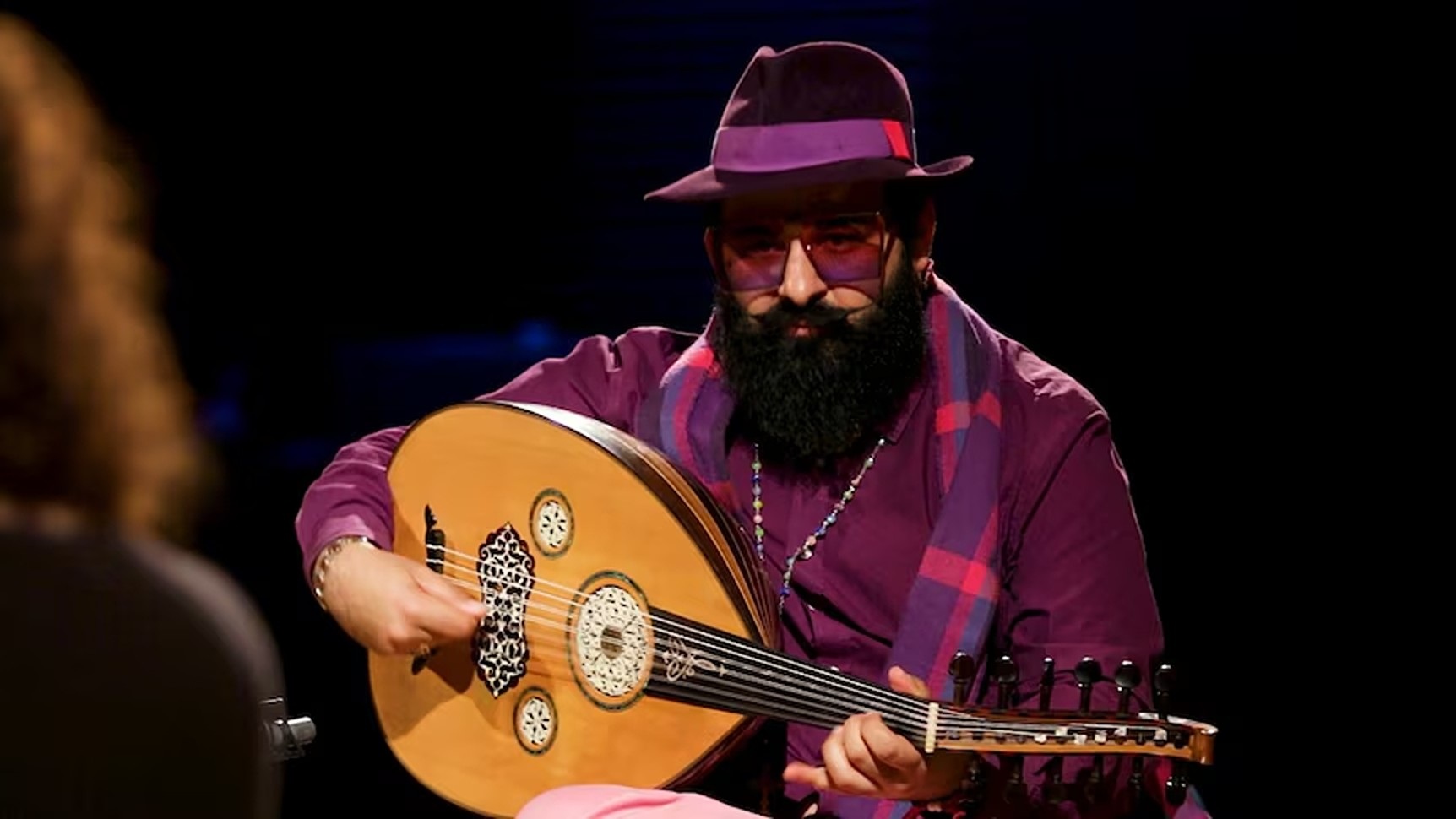Copyright tribuneonlineng

All is set for Baze University (BU), Abuja, to host the Institute of Electrical and Electronics Engineer (IEEE)’s international summit to address the challenge of connecting 2.9 billion unconnected people worldwide, with particular focus on African solutions. This development was made known recently during a courtesy visit by the local organising committee of the IEEE Connecting the Unconnected Europe, Middle East, and Africa (CTU-EMEA) Summit 2025, to the management of the university. The IEEE CTU EMEA delegation led by the coordinator of IEEE Nigeria, Professor IfeayinwaAchumba, also had the chairman of the General Conference, Chukwuemeka Gerald Okafor, who presented comprehensive updates on the summit›s progress and its global significance. Scheduled to hold between November 27 and 28, the high-level meeting, which brought together IEEE Nigeria leadership and Baze University›s top management, focused on finalising preparations for what promises to be one of Africa›s most significant digital inclusion conferences, themed: ‘Bridging Digital Frontiers: African Solutions for Universal Connectivity.” Speaking during the visit, Mr Okafor emphasised the historic nature of the summit, stating that the event represents a watershed moment for Africa’s digital transformation agenda. “This is the first time Nigeria is hosting a major IEEE CTU international summit of this magnitude. We are bringing together over 200 global leaders, ministers, regulators, industry CEOs, and technology innovators to address the challenge of connecting 2.9 billion unconnected people worldwide, with particular focus on African solutions,” Mr Okafor said. The chairman of the General Conference outlined the significant progress made in securing high-profile speakers and participants, including confirmations from government ministers, international development partners such as the World Bank and ITU, telecommunications executives, and leading researchers from across the EMEA region. Other members of the IEEE CTU EMEA delegation included the chairperson of the Local Organising Committee, Nneoma Offodile; IEEE Region8 representative Engr. Abdulateef Aliyu; and Dr John Odey, all of whom contributed to discussions on technical, logistical, and programmatic aspects of the summit. The institution’s management team, led by the deputy vice chancellor (Academics), Professor Osita, who represented the vice chancellor, included the dean of Engineering, Dr Abdulazeez Rotimi, Professor A.D. Usman, Engr. Yusuf Usman, and other senior officials of the university. The university’s leadership expressed enthusiasm about hosting the summit and reaffirmed their commitment to providing world-class facilities and support services for the international gathering. Professor Osita noted that hosting the CTU-EMEA summit aligns perfectly with Baze University’s vision of becoming a hub for technology innovation and international academic collaboration. “We are honored that IEEE selected Baze University as the venue for this prestigious event. This partnership enhances our institution’s global visibility and provides our students and faculty unprecedented access to world-class expertise in connectivity and digital transformation,” he said. Chukwuemeka Okafor highlighted that confirmed speakers include senior government officials, CEOs from major telecommunications companies, representatives from development partners, and leading academics specialising in connectivity technologies. “We have assembled an extraordinary line up of speakers who will share actionable insights on bridging Africa’s digital divide. This is not just another conference, it’s a platform for shaping policies and forging partnerships that will define Africa’s digital future,” he emphasised. Nneoma Offodile, Local Organising Committee Chair, emphasized that the summit would leave a lasting legacy beyond the two-day event. “We are committed to ensuring that Nigerian students, particularly those from Baze University, benefit directly from this gathering. The knowledge transfer, networking opportunities, and exposure to global best practices will inspire the next generation of technology leaders,” she said. Engr. Abdulateef Aliyu, IEEE Region 8 Representative, noted that the summit demonstrates IEEE’s confidence in Nigeria’s capacity to host world-class international events and positions the country as a strategic hub for technology discourse in Africa. “This Summit is a testament to the strength of IEEE Nigeria Section and the quality of Nigeria’s technology ecosystem. We expect participants from across Europe, Middle East, and Africa, all coming to learn from African innovations and contribute to scalable connectivity solutions,” he said. Professor Ifeayinwa Achumba, IEEE Nigeria Section Chair, emphasised that successful hosting of the CTU EMEA summit enhances Nigeria’s reputation as a technology leader and innovation hub in Africa. “When global leaders converge in Abuja next month, they will witness Nigeria’s commitment to digital inclusion, our innovative capacity, and our readiness to lead Africa’s connectivity agenda. This is an opportunity for us to demonstrate that African solutions to connectivity challenges are not only viable but scalable across the continent,” Professor Achumba said. The meeting concluded with both parties expressing optimism about the Summit’s success and reaffirming their commitment to seamless collaboration. Follow-up meetings have been scheduled to finalise technical details, conduct facility inspections, and coordinate logistics for the November event. The Institute of Electrical and Electronics Engineers (IEEE), founded in 1884, is the world’s largest technical professional organisation with over 423,000 members in more than160 countries. IEEE has been active in Nigeria since 1976, with a robust local chapter comprising engineers, technologists, academics, and students dedicated to advancing technology for humanity. The Connecting the Unconnected (CTU) programme is IEEE’s flagship initiative addressing the global digital divide through research, innovation challenges, and international summits that bring together stakeholders from government, industry, academia, and civil society.



